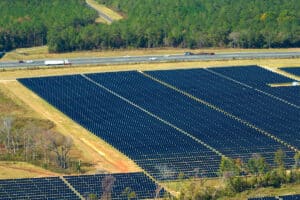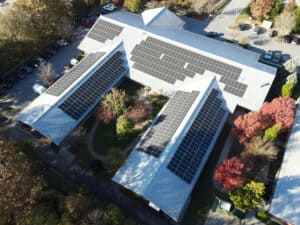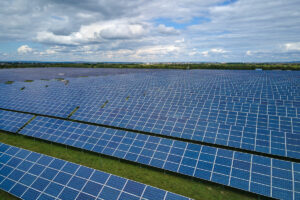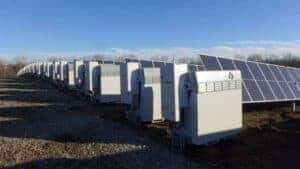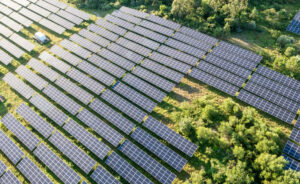Just like other machines, HVAC systems also get old and become less efficient as time goes on. The older your system is, the more money its outdated technology could be costing you. Eventually, the money the outdated HVAC system costs is going to be enough for you to purchase a new one.
What is an HVAC system?
In short, an HVAC system is an indoor heating and cooling system, aiming to control the environment inside a building. It controls temperature, humidity, ventilation, pressure, and other special systems like fire protection, smoke removal, clean air systems etc. Read more about HVAC systems here.
Components of an HVAC system
Now, let’s take a look at what exactly goes into an HVAC system. HVAC stands for heating, ventilating and air conditioning. Inside the HVAC system, there are furnaces, boilers, air conditioners, heat pumps, and ductless mini splits. Each component has different lifespans.
According to Conditioned Air, Inc., the lifespan for gas furnaces lasts 20 to 30 years. The lifespan for boilers is 20 to 35 years. However, air conditioners only last 7 to 12 years. Heat pumps can last 10 to 20 years. And ductless mini splits are expected to last 10 to 30 years. Once a part of the HVAC system goes wrong, the entire system is affected.
How long does an HVAC system last?
An HVAC system normally lasts for 8 to 20 years. After 15 years, the monthly energy savings from upgrading to a newer, more efficient model can often justify the initial investment, especially if the current system is unreliable or has major problems, according to Conditioned Air, Inc. After this point, it is appropriate from a cost perspective to consider upgrading your HVAC system.
How to Reduce HVAC Costs Before Upgrading
Normally, HVAC systems account for 25% to 30% of a commercial building utility expenses, but sometimes it can be responsible for more than 60%. Even before it gets too old to use, it may still end up using a large amount of money because it is not maintained properly. In fact, many businesses waste a large amount of energy through inefficient operations. Simple ways to reduce commercial HVAC waste can be:
- Check blocked vents
- Evaluate exhaust air
- Install advanced control sensors
- Get programmable thermostats
- Clean dirty air filters
- Check for unsealed ducts
To learn more ways to reduce HVAC waste, download our free guide.
Need your HVAC system evaluated?
If you are wondering whether your HVAC is outdated, EnergyLink has certified engineers who know how to properly audit your system. We provide energy management services to commercial building owners around the U.S. Contact EnergyLink to get started with a free energy audit and HVAC consultation today!

